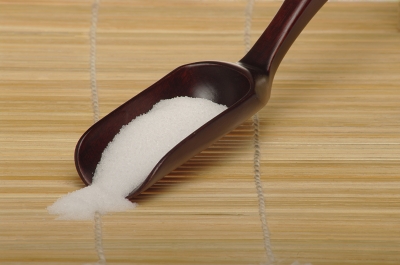High Salt Diet Impacts More Than Blood Pressure

If your blood pressure is normal, that does not mean you can ignore how much salt you consume.
A high salt diet leads to:
- Reduced functioning of the endothelium. The endothelium is the inner lining of blood vessels which mediates coagulation, immune function, and platelet adhesion.
- Stiffening of arteries. The stiffer the arteries, the harder the heart works.
- Enlargement of the muscle tissue comprising the wall of the heart’s main pumping chamber. This enlargement can cause the heart to not pump blood with optimal force and efficiency.
- Impaired sodium-potassium balance causing reduced kidney function.
- Increased calcium excretion into the urine increasing risk for kidney stones and osteoporosis.
- Increased risk for stomach cancer. Research has determined salt and salty foods to be a “probable cause of stomach cancer.”
- Weight gain connected to salty foods leads to thirst and consumption of high sugar beverages to alleviate thirst.
- Bloating and water retention.
- Aggravated asthma symptoms.
- Worsening Meniere’s Disease symptoms, such tinnitus and hearing loss connected to fluid retention resulting in increased inner ear pressure.
Adjust your diet to reduce salt intake.
Nearly three-quarters of the salt in our diet comes from processed foods. Restaurant meals tend to be higher in sodium than meals prepared at home.
Foods containing the highest salt content include:
- Soy sauce
- Salted nuts
- Bacon
- Frozen pizza
- Canned beans
- Lunch meats
- Chicken nuggets
- Olives
- Sausage
- Pasta sauce
- Canned soup
- Salami
- Frozen entrees
- Flavored noodles and rice
- Biscuits
- Baked Beans
- Anchovies
If you are working to lower blood pressure levels, reducing salt intake is just one step to lower blood pressure. Access my free e-course 7 Natural Ways to Lower Blood Pressure here.
All the best,
Lisa Nelson RD
Health Pro for HealthCentral
References:
World Cancer Research Fund, American Institute for Cancer Research. Food, Nutrition, Physical Activity, and the Prevention of Cancer: A Global Perspective. London; 2007.
Devine A, Criddle RA, Dick IM, Kerr DA, Prince RL. A longitudinal study of the effect of sodium and calcium intakes on regional bone density in postmenopausal women. Am J Clin Nutr. 1995;62:740-5.
Farquhar WB, Edwards DG, Jurkovitz CT, Weintraub WS. Dietary sodium and health. J Am Coll Cardiol . 2015;65(10):1042-1050. doi:10.1016/j.jacc.2014.12.039.
Image courtesy of zole4 at FreeDigitalPhotos.net



